Safeguard Your Home with a Trust & Quitclaim Deed
Planning for the future is vital to protecting assets and ensuring a smooth transfer to loved ones. Seniors can simplify the transfer of their house to beneficiaries and avoid the lengthy and costly probate process by using a trust and a quitclaim deed. By placing the house in a trust and executing a properly signed and recorded quitclaim deed, probate can potentially be bypassed entirely. Maria Pavone Macek, attorney at Pavone Macek Law, highlights the importance of a well-prepared quitclaim deed when setting up a living trust. It must accurately show the trust's name, be correctly signed, notarized, and promptly recorded with the County Recorder in the property's jurisdiction.
What is a Quitclaim Deed?
A quitclaim deed is a legal document used to transfer ownership of a property. Unlike a warranty deed, which guarantees a clear title, a quitclaim deed transfers the property "as is," without any warranties or guarantees. It allows the current owner to relinquish their claim and interest in the property, transferring it to the trust.
Pros of Putting Your House in a Trust
Smooth Transition: Placing your house in a trust ensures a seamless transfer of ownership to your loved ones. By bypassing the probate process, which can be time-consuming and expensive, your beneficiaries can promptly receive their inheritance.
Privacy and Confidentiality: Probate proceedings are public, exposing personal and financial details to the public. Using a trust allows you to maintain privacy and keep sensitive information confidential, protecting your family's privacy.
Cost and Time Savings: Probate involves court fees, attorney expenses, and other administrative costs that can deplete your estate. Additionally, the trust administration process is typically faster than probate, ensuring a quicker distribution of assets.
Continued Management: A trust allows you to designate a trustee to manage your property if you become incapacitated or unable to manage your affairs. This ensures your property is safeguarded and managed according to your wishes.
It is essential to consult with your lender and insurance provider to ensure that the trust's ownership does not violate any terms or jeopardize coverage. Transferring your property to a trust may have implications for your existing mortgage and homeowner's insurance. Consult with an experienced attorney to guide you through the process and protect your assets for future generations.

